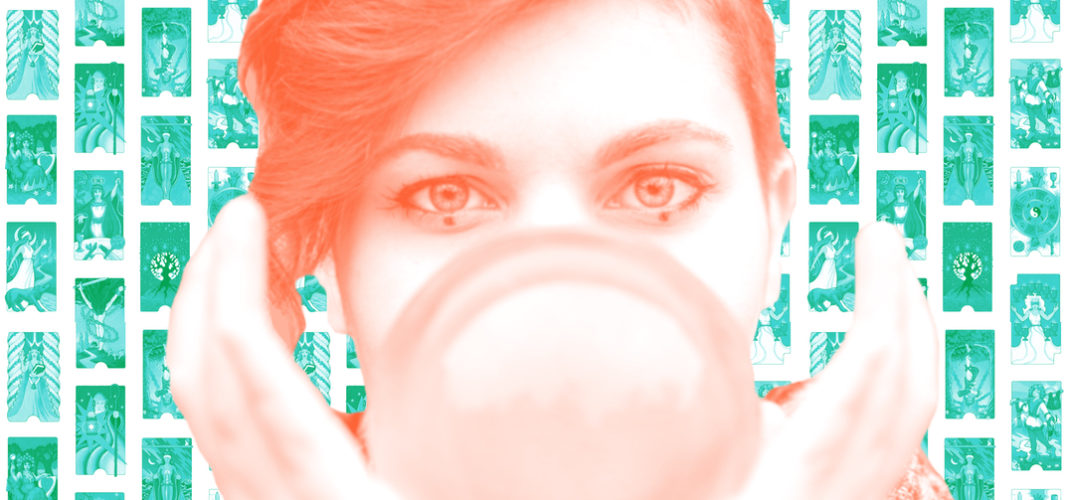“What do you want to be when you grow up?” is a question we ask children all the time. It asks them to think beyond the here and now and to imagine themselves in the future. However, imagining oneself 20 years from now is not something we as adults routinely do. According to research, perhaps it should be. Catching a glimpse of your future self may be an effective motivation strategy to changing behavior in positive ways.
Participants in a study were shown digitally altered images of themselves made to look their grandparents age—about 70 years old – while a control group was shown a current image of themselves. Each group was then presented with questions about finances and retirement. Those who had been presented with the image of their older self—wrinkles, jowls and receding hairlines and all—were willing to put twice as much money into long term savings accounts than those presented with a current image of themselves.
In a related study, participants were asked to connect to their future self in a different way: by taking five minutes to write a short letter to the person they will be 20 years from now. Instructions included: “Write about the person you are now, which topics are important and dear to you, and how you see your life.” A control group was given the same instructions except the recipient would be them only three months down the road. Each group was then presented with various hypothetical scenarios designed to assess ethical decision-making. For example, would you buy a computer that “fell off a truck?” The group that had written letters to their distant future selves were less likely to engage in deceitful or delinquent behavior.
These studies have practical implications for the real world. By connecting people to the person they will be at age 70 in a concrete way, it is more likely they will make better decisions in the here and now. Some suggest putting visual renderings of a person’s aged face on credit cards and at cash machines to encourage smart spending. Binge eating, substance abuse and other impulse behaviors could also be affected by considering one’s future self. Even crime researchers recognize it is a tool to encourage first offenders to think about consequences of their actions and to deter crime in general.
Behavior today impacts the person you will become in the future. You Only Live Once, or YOLO, may be the current cultural refrain, but long-term thinking is essential for the well-being of individuals and society.
Next time you are about to do something impulsive stop and ask, “What would your future self think?” Another option is to download AgingBooth, an app that digitally ages photos of users. The photos are simultaneously hilarious and terrifying. I promise you one thing: seeing the wrinkles that await you will make you reconsider the rare social cigarette.
I wish you all the best,
Dr. Samantha Boardman






